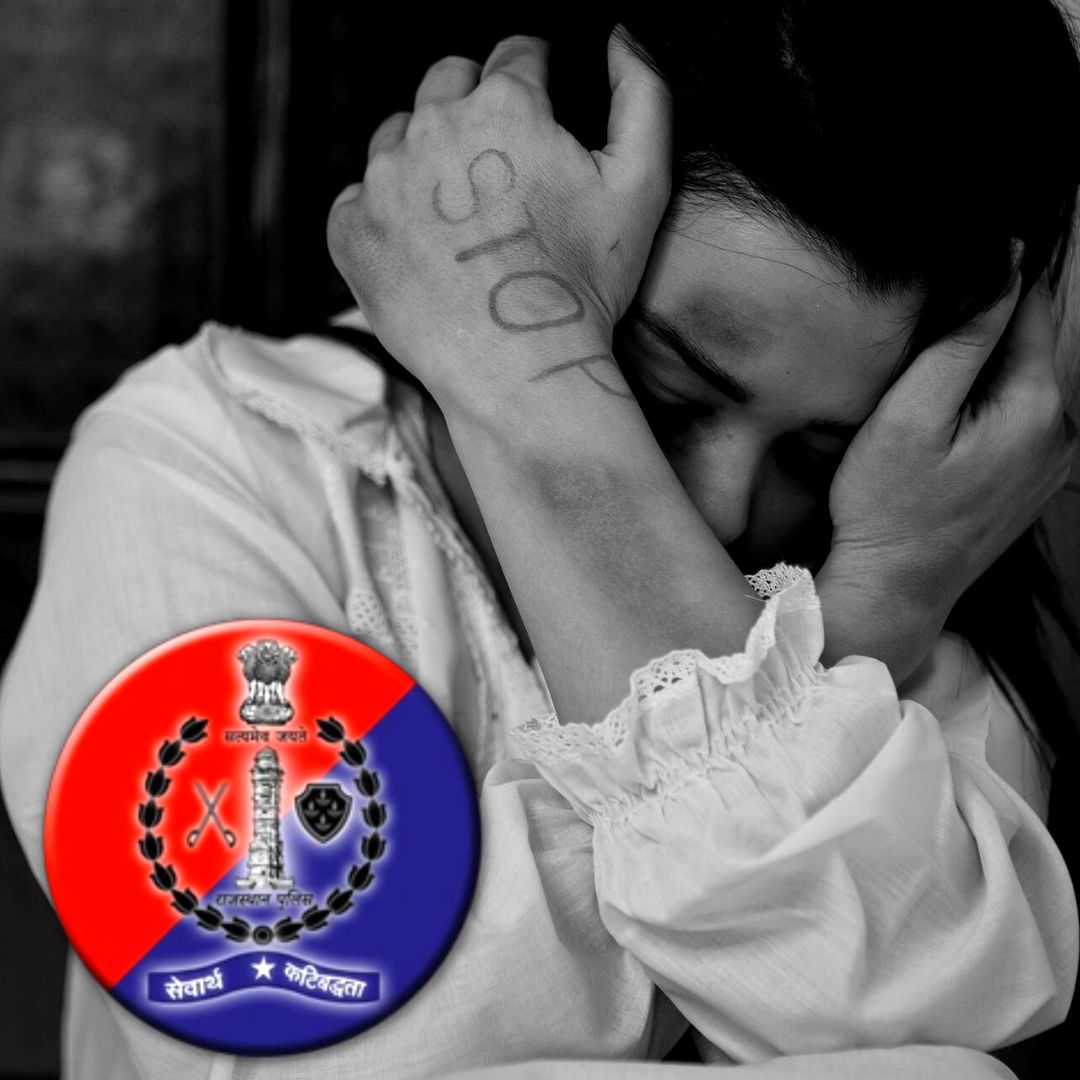Rajasthan: Police Officer Arrested, Suspended From Duty For Raping Tribal Woman
Writer: Mrinalini Kaushik
She is a student of journalism, keen on learning new ways to unlearn, deconstructing news and life. Interested in exploring new media as medium is the message. Avid follower of sports and politics
Rajasthan, 6 May 2022 9:05 AM GMT
Editor : Snehadri Sarkar |
While he is a massive sports fanatic, his interest also lies in mainstream news and nitpicking trending and less talked about everyday issues.
Creatives : Snehadri Sarkar
While he is a massive sports fanatic, his interest also lies in mainstream news and nitpicking trending and less talked about everyday issues.
The incident took place on Monday night when ASI Jagdish Prasad called the victim and took her to a forest area and allegedly raped her.
A 25-years-old Tribal woman was raped by a police officer who has been arrested in the Jhalawar district of Rajasthan, police stated on May 5. The officer took her from a wedding to a forest nearby on a motorcycle, allegedly raped her, and then took her back.
The police officer Jagdish Prasad, 59-years old, was suspended six months before his retirement. He was the Assistant Sub-Inspector at Bhalta Police Station and was working on a case filed by the victim against her in-laws since January 2022. The victim alleged that he had been continuously calling her under the guise of the complaint.
When the incident happened on May 2, the victim informed her husband, and went to file a complaint against Prasad in the Bhalta Police Station itself. The FIR was lodged "under Section 376 (2) (a) (i) (rape by a police officer within designated police station limits) of the Indian Penal Code and the Scheduled Caste and Scheduled Tribe (Prevention of Atrocities) Act, 1989." said Circle Officer, Girdhar Singh as reported by NDTV.
The Scheduled Caste & Scheduled Tribe Act, 1989
The Act was implemented as it was believed that the civic criminal laws in the Indian Penal Code (IPC) were inadequate to protect the marginalised communities who faced historicised discrimination and prejudice in the form of violence. The Act was amended as per the Supreme Court verdict, 2018, to stop the misuse of the Act by SCs and STs. Before the amendment, they could file a complaint against an alleged offender, and the offender would be immediately arrested without question.
Effectivity Of The Act: Ground Reality
Violence against SCs and STs has been prevalent in India even after implementing the POA Act of 1989. According to the National Human Rights Commission report in 2016, as reported by NDTV, 16 tribal women in the Bijapur District of Chattisgarh were raped, gang-raped, brutalised, and sexually assaulted by security personnel, all different cases in October 2015 itself.
The report has termed the police 'liable' as even when the FIRs are lodged, no action or arrests are made. Most of the tribal areas in India have a presence of security forces also, such as North-East, Chattisgarh, etc. The police and security personnel are usually hand-in-hand; thus, even in cases where the victims have identified the men and their names, police have refused to take action.
The Act has not effectively curbed atrocities against tribals, who are already socio-economically disadvantaged. The momentum with which these incidents occur indicates an appalling trend of intolerance and hypermasculinity. The recent case, two days back, where two tribal men were killed for allegedly slaughtering cows in Madhya Pradesh, is just another pin on the map of atrocities committed in India.
Also Read: Madhya Pradesh: Two Tribal Men Beaten To Death On Suspicion Of Cow Slaughter In Seoni
 All section
All section














